November 5, 2020
Leadership in a new age of virtuality
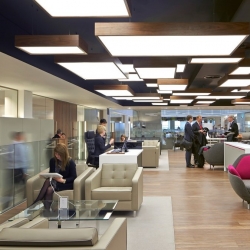 We are living through a fundamental transformation in the way we work. The pandemic has forced organisations to go virtual. New government guidelines, including a tiered alert system, suggest that this will be the norm for the foreseeable future. But step back from the noise and it is easy to see how the current crisis is simply accelerating the inevitable. A confluence of forces, including advancements in technology and infrastructure, increasing globalisation, shifting demographics and COVID-19, has enabled greater connectivity and mobility, making obvious to organisations, their leadership and individuals the wisdom of adopting flexible work models. (more…)
We are living through a fundamental transformation in the way we work. The pandemic has forced organisations to go virtual. New government guidelines, including a tiered alert system, suggest that this will be the norm for the foreseeable future. But step back from the noise and it is easy to see how the current crisis is simply accelerating the inevitable. A confluence of forces, including advancements in technology and infrastructure, increasing globalisation, shifting demographics and COVID-19, has enabled greater connectivity and mobility, making obvious to organisations, their leadership and individuals the wisdom of adopting flexible work models. (more…)







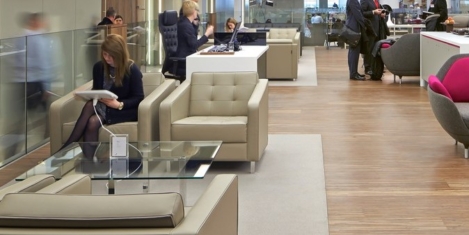
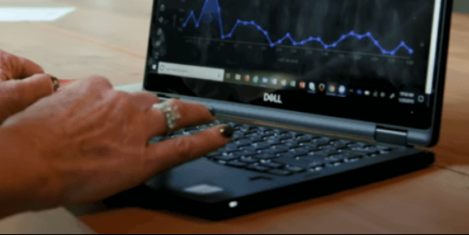
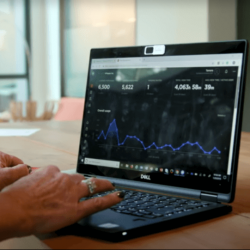 According to new research from
According to new research from 
 New research from
New research from 
 After a multi-year global consultation, the World Green Building Council (
After a multi-year global consultation, the World Green Building Council (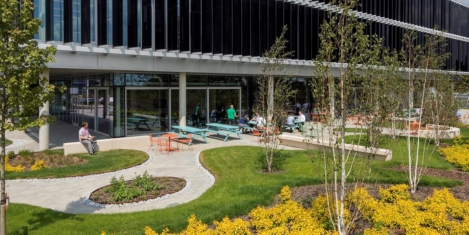
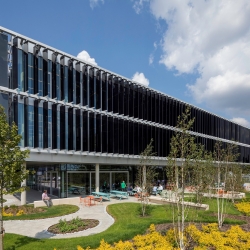

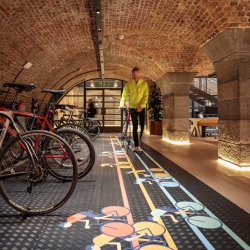

 Environmental and sustainability professional,
Environmental and sustainability professional, 


 A new model of competitiveness devised by academics at
A new model of competitiveness devised by academics at 
 New independent polling commissioned by the
New independent polling commissioned by the 










November 9, 2020
Working from home could energise some of our overlooked cities
by Michel Serafinelli • Cities, Comment, Flexible working